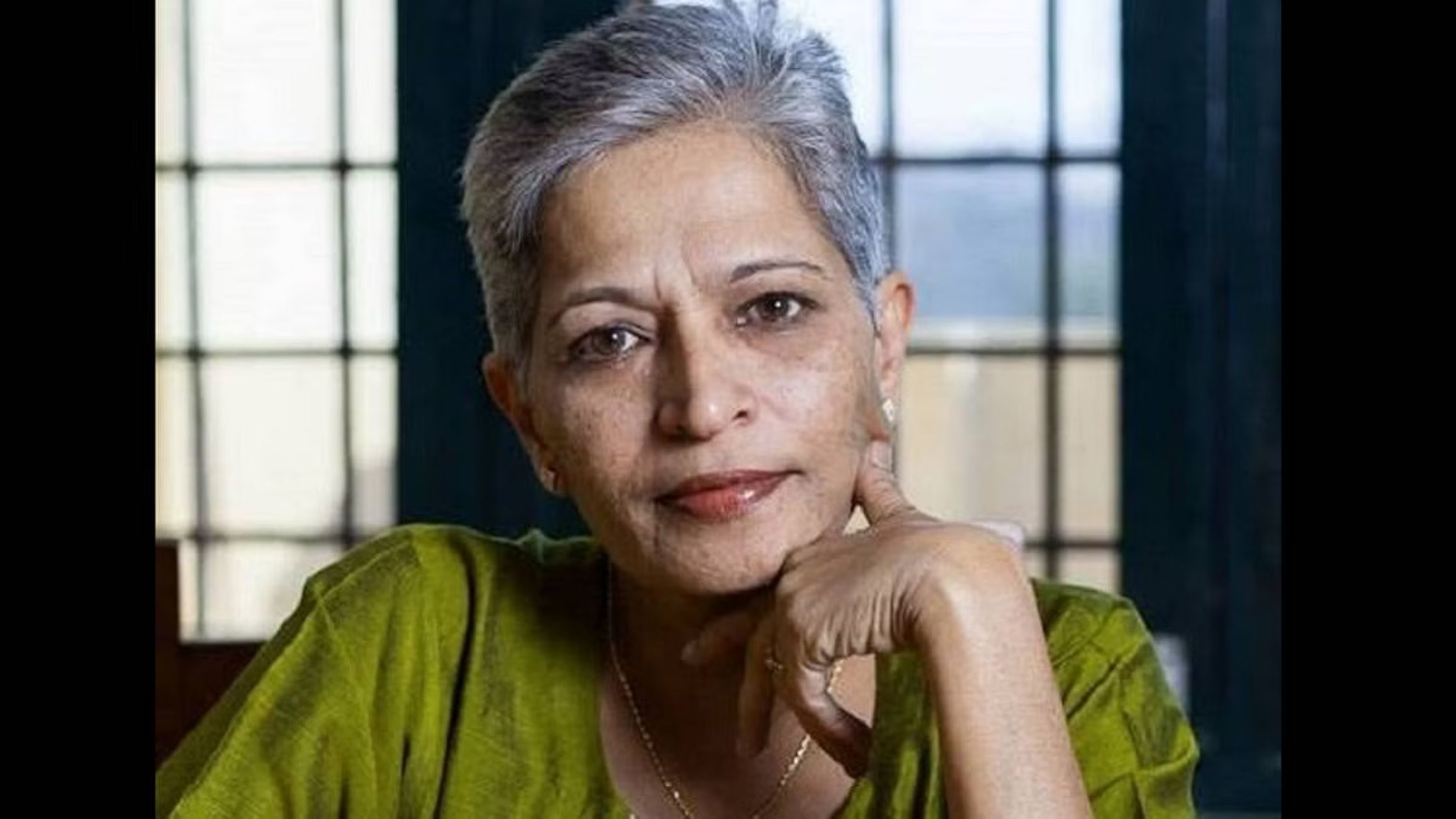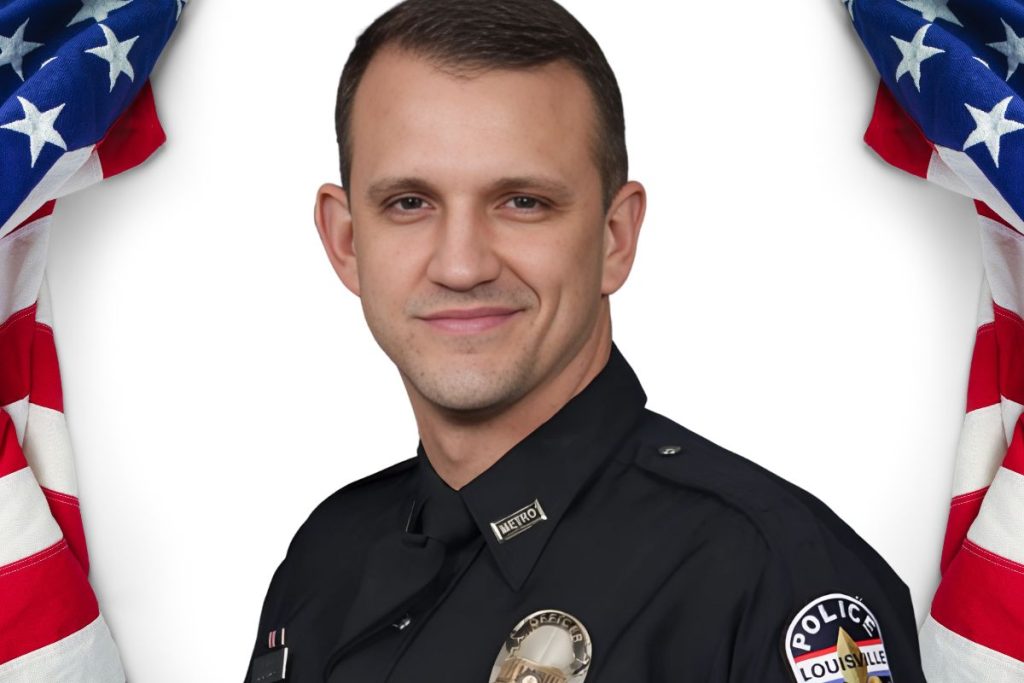
Eight Accused in Gauri Lankesh Murder Case Out on Bail as Trial Progresses Slowly
Bengaluru, Karnataka — Eight men accused of conspiring to kill Gauri Lankesh, a prominent journalist and social activist, are now out on bail, sparking outrage from her family and activists demanding justice. The development comes as the trial for her murder, along with the separate but related M.M. Kalburgi case, inches forward in the courts.
Table of Contents
A Complex Conspiracy
The eight men—Amol Kale, Sujith Kumar, Amit Degwekar, Vikas Patil, Manohar Yadve, Ganesh Miskin, Amit Baddi, and Bharat Kurane—were part of a plot that took shape over a year. According to investigators, the group first came together in June 2016 at a house in Belagavi rented by Bharat Kurane. They decided that Lankesh was a “durjan,” or an evil person according to their interpretation of Kshatra Dharma Sadhana, and plotted to kill her.
The group spent nearly a year preparing for the murder. They stole a motorcycle, acquired weapons, and conducted surveillance on Lankesh to learn her daily routine and home address. They also organized pistol firing training and held multiple meetings to plan the assassination, even conducting “route rehearsals” to ensure the success of their plot.
The Assassination
On the evening of September 5, 2017, Parashuram Waghmore and Ganesh Miskin, arrived on a motorcycle near Chinmayi school, changed their clothes, and proceeded to Gauri Lankesh’s house. When Lankesh arrived and stepped out of her car, Waghmore fired four bullets, three of which fatally struck her. The assassins then changed back into their original clothes and fled the scene, leaving the motorcycle and weapons at a pre-arranged location.
Aftermath and Legal Proceedings
In the aftermath of the murder, the accused attempted to destroy evidence and flee, but their plans were thwarted as the investigation closed in on them. Despite their efforts, it has taken years for the case to progress through the court system.
Kavitha Lankesh, Gauri’s sister, has been actively seeking justice and pushing for a speedy trial. She has challenged the bail granted to some of the accused, including Mohan Nayak, in the Supreme Court, but her pleas were dismissed. In her efforts for justice, she has expressed her frustration: “It has already been seven years since she was brutally killed… The trials in the cases have been painfully slow and it is frustrating… Special Court or not, what we need is a speedy trial.”
Similarly, Srivijaya, the son of M.M. Kalburgi, has also expressed disappointment with the slow pace of the trial.
The investigation and trial have been complex, with a large number of witnesses and accused persons involved. In the Gauri Lankesh case, out of 530 witnesses, only 137 have been examined so far, while in the Kalburgi case, just 12 out of 138 witnesses have been examined. This has led to delays in the trial, which the accused have used as grounds for bail applications.
Despite the slow progress, the Special Investigation Team (SIT) handling the cases is confident. They have requested more court time and believe they can complete the trials in less than a year if their request is granted.
Activists Demand Justice
Activists and supporters of Gauri Lankesh have joined her family in demanding a swift conclusion to the case. They have called for an investigation into the role of the right-wing organization, Sanatan Sanstha, which they believe may be linked to the murders of Gauri Lankesh and M.M. Kalburgi.
The slow pace of the trial and the release of the accused on bail have caused concern among those seeking justice. It remains to be seen whether the courts will expedite the process and deliver a long-awaited resolution to this complex and emotionally charged case.
As the trial continues, the legacy of Gauri Lankesh and her courageous stance against hatred and intolerance lives on, reminding us of the importance of a free press and the need for a society that protects its journalists and activists.
September 5, 2024

















